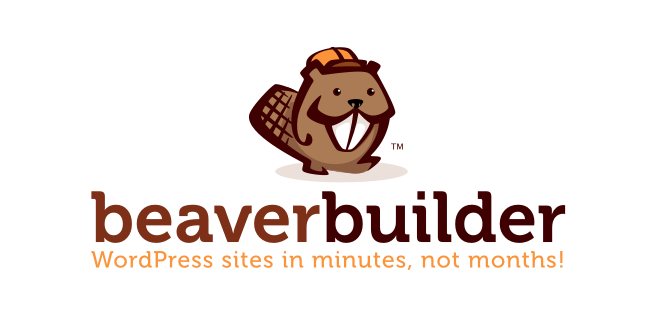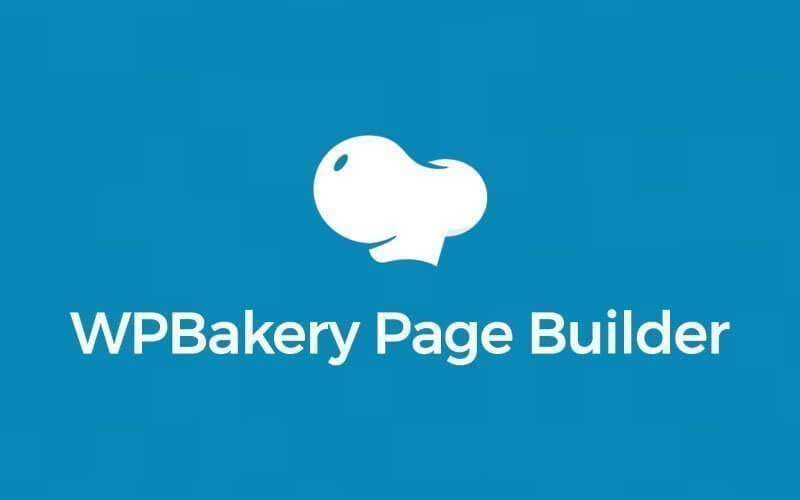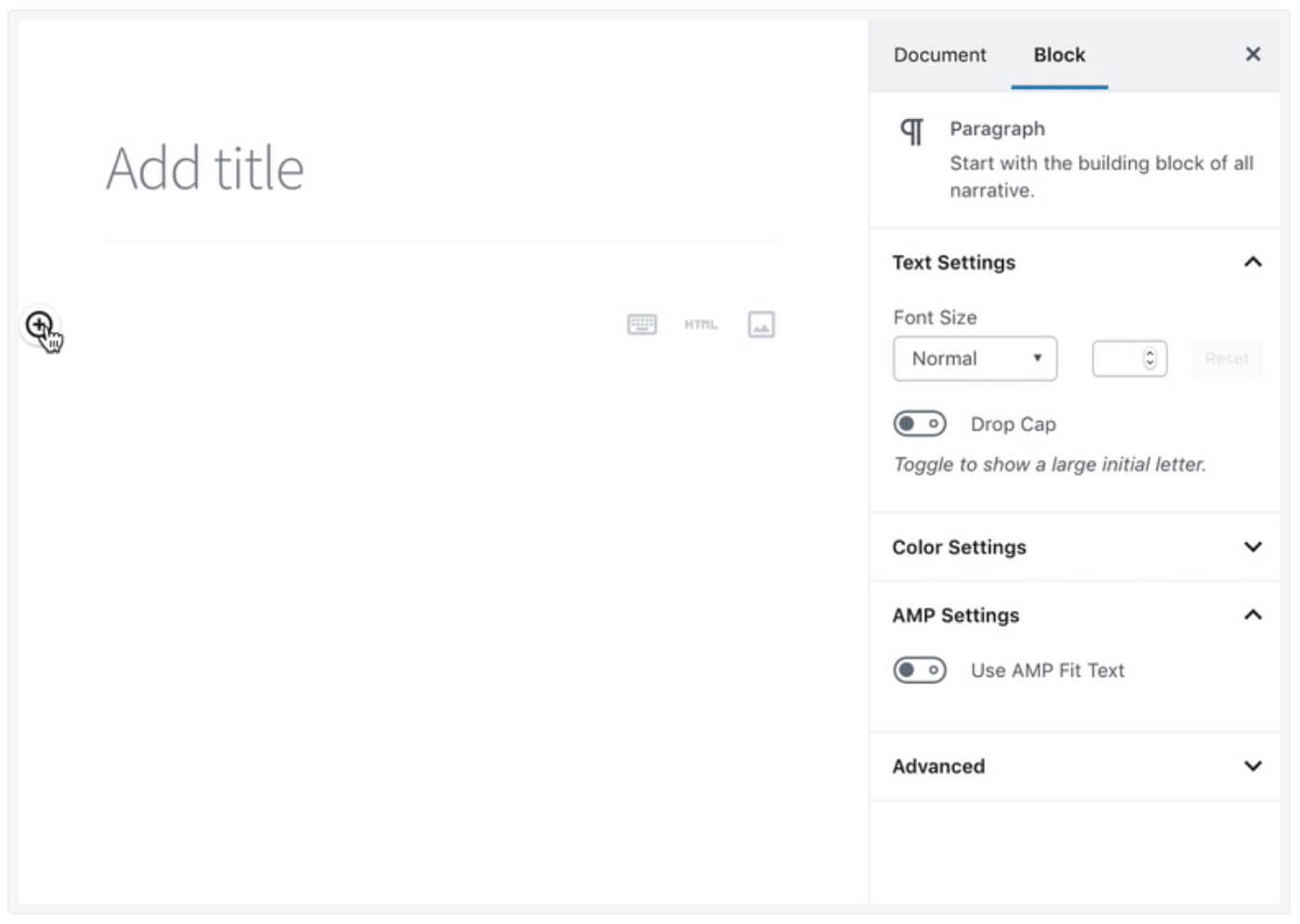Regardless of whether you’re a web developer or the client tasked with updating the content on a website, the best WordPress page builders can assist both parties.
The best WordPress page builders make it easy to quickly build beautiful pages, with a user-friendly edge that empowers clients to make many of their own changes once a web project is done. No coding skills necessary!
Of course, just like all good things in life—there’s a catch.
Wix and Weebly are two content management systems that catch a lot of flack from professional web developers because of their drag and drop website building functionality and its impact on SEO.
Heavy markup and non-semantic code relating to the use of these types of tools can have an impact on page speed and Google’s ability to index the website for relevant searches. With this in mind, the question that inevitably comes up is whether or not the best WordPress page builder plugins also cause similar issues with SEO.
So, how exactly do the best WordPress page builder plugins impact SEO? Let’s take a deep dive into the subject.
How do Page Builder Plugins Impact SEO?
There are many different factors that can affect your website’s ability to rank on relevant search engine results pages (SERPs)—a big part of that has to do with your website’s technical structure/design.
Many companies treat SEO as one of the most integral parts of doing business, for good reason. Even local businesses stand to gain when it comes to paying attention to this marketing tactic. But it’s hard to be effective if SEO isn’t a consideration during the web design process. It’s much harder to go back in with an SEO “retrofit” than it is to start with best practices.
Beaver Builder, one of the best WordPress page builder plugins, states that many of their competitors have built a bad reputation for the industry, at least when it comes to producing poor quality codes. This is in reference to the way that page builders automatically wrap content with DIVs—creating unnecessary code bloat.
Many page builders use heavy markup and non-semantic code, and many SEO experts believe that this can hinder SEO. These simplified codes are also known as shortcodes, which a lot of WordPress plugins make use of to help non-coders unlock functionality.
On a similar note when it comes to factoring in the impact of shortcodes, it’s necessary to consider a page builder plugin’s effect on page speed. Before continuing, it’s important to note that some of the best WordPress page builders don’t necessarily make websites slow—their impact on page load has more to do with the intricacies of how they structure content contained within.
Again, it comes back to shortcodes. You can think of shortcodes as a shortcut but everytime someone visits a page, shortcodes need to be expanded to their longform code, requiring a large demand from your web server. A short delay on your page load can hurt your SERP rankings.
Which of the Best WordPress Page Builders are SEO-Friendly?
The following represent some of the most SEO-friendly, best WordPress page builder plugins currently available on the market, with data regarding how their structure contributes to performance:
Elementor

Elementor is a freemium page builder for WordPress, with over four million active installations.
Elementor’s features include:
- Template library
- Widgets (Customizable and third-party application support)
- Mobile-friendly (which is also good for SEO, as a general note)
- Extendable and developer-friendly. It was created based on most recommended coding standards, making pages SEO ready, out of the box.
UX (user experience) design and SEO intersect when it comes to the process of optimizing for page speed. Google recommended that site speed should be between 2 to 3 seconds maximum. The more page elements your web server has to load up and display (also known as HTTP requests), the longer the resulting page load time.
Because of their coding structure, many worry that page builder plugins will negatively impact page load.
Based on Pagely’s comparative analysis of WordPress page builders, Elementor doesn’t appear to be a page builder plugin that negatively impacts page load, at least according to Pingdom Test Data. In Pagely’s test, Elementor got a B (89) performance grade and a 489ms load time (which is considered faster than 97% of tested websites).
Woorkup seconds this finding, demonstrating how fast Elementor loads: depending on the design built on a page, compared to a similar page design without using Elementor, and again using another page builder.
Here’s a summary of what Woorkup found regarding page speed and Elementor:
- Simple Page – No Elementor: 651 ms
- Simple Page – With Elementor: takes up to 658 ms
- Template Page – With Elementor: takes up to 755 ms
- Template Page – No Elementor: takes up to 648 ms
One of the best things about Elementor is that there’s no need to worry about having random codes showing on your homepage if you decide to deactivate the plugin. Elementor is a page builder that leaves a clean code behind, even when deactivated.
Beaver Builder

Beaver Builder is one of the most popular page builders, in part because of its distribution partnership with GoDaddy. Pricing ranges from $99 (Standard) to $399 (Agency) but you can try it out for free as a demo.
Beaver Builder features include:
- Developer-friendly
- Mobile-friendly
- WooCommerce support
- Multisite capable
Beaver Builder’s creators made SEO-friendliness an important tenet of their page builder. It follows standards such as schema.org markup and offers features like code compression, which enables pages to be easily found by search engines.
Like Elementor, there’s no need to worry if you are concerned about shortcode lock-in: Beaver Builder leaves a 100% clean code upon deactivation.
According to Pagely, using Pingdom Test Data, Beaver Builder receives an A in performance, with a load time of 665 ms, and is considered faster than 94% of tested websites. All else equal, Beaver Builder loads a bit slower than Elementor but is still considerably good with respect to Google’s recommended page load time.
But does that mean that it is entirely SEO-friendly?
According to ProBeaver, you can certainly build an SEO-friendly website using Beaver Builder provided that the different website elements (like your theme and other plugins) complement each other without conflict.
WP Bakery

The WPBakery Page Builder was previously known as Visual Composer.
If you work with WordPress themes from Envato’s marketplace, WPBakery tends to come packaged together with these themes as a standard. Purchased separately, WPBakery is $45 for a regular license and $245 for enterprise use.
WPBakery’s features include:
- Front and back end page builder
- Template library
- Compatible with any theme
- Mobile-ready
- WooCommerce compatible
WPBakery Page Builder follows SEO best practices that make content fully indexable and compatible with WordPress’ most popular plugin: Yoast SEO.
Pagely’s speed test found that the WPBakery Page Builder received a B grade in terms of performance, a page load speed of 401 ms, and it is considered faster than 98% of tested sites (including Elementor and Beaver Builder).
Unfortunately, unlike Elementor and Beaver Builder, WPBakery Page Builder doesn’t leave a clean code when deactivated.
Divi

Divi Builder by Elegant Themes is SEO-friendly and can be improved further with proper practices, as recommended by Elegant Themes.
True to its name, Divi Builder by Elegant Themes makes the most elegant designs for WordPress. Divi’s shortcodes claim to not negatively impact SEO.
However, shortcodes can cause issues when the plugins connected to them are deactivated. If you’re concerned about the potential for shortcode lock-in, unlike Elementor and Beaver Builder, but like the WPBakery Page Builder, Divi Builder doesn’t offer 100% clean code when deactivated.
Via Pingdom, Pagely found that the use of Divi Builder resulted in grade A performance, a load time of 463ms, and it’s considered faster than 97% of tested sites.
This full Divi Builder review by DigitalGYD also found that Divi Builder contains all SEO features that WordPress websites should have, including the presence of schema markup, a canonical URL feature, good website structure, and the ability to add meta titles and descriptions.
The built-in Divi breadcrumbs module makes it so that you won’t need the Yoast SEO plugin to pull breadcrumbs data.
WordPress Block Editor

Finally, we have to include the the WordPress visual editor a.k.a. Gutenberg or the Block Editor.
Since Gutenberg will be built-in to WordPress, many are speculating as to whether it will have a negative impact on the business of these other best WordPress page builder plugins. As it stands right now, the block editor seems to be giving them a run for their money.
That said, Gutenberg’s content blocks are pure HTML/CSS—not shortcodes. So while most page builder plugins are non-semantic and require more server requests to deploy properly, the block editor is more SEO-friendly from the get-go.
The Best WordPress Page Builder Plugins and Yoast SEO
The Yoast SEO plugin is one of the most popular WordPress plugins in general—and definitely the most popular WordPress SEO plugin. It’s incredibly user-friendly and boasts of over 5 million active installations.
The problem and relevance to this article? Not all page builder plugins are compatible with this very popular SEO plugin! Some WordPress users have raised concerns about their Yoast results while using specific page builders.
It’s worth noting that some page builder plugin developers have made it a point to create products that interact well with Yoast SEO, such as Elementor and WPBakery Page Builder.
Elementor and WPBakery are fully compatible with the Yoast SEO plugin and Yoast can also support Divi. Clearly, using a page builder that is compatible with your SEO plugin gives you an edge in your optimization efforts.
Final Thoughts: How Do Page Builders Effect SEO?
Do the best WordPress page builder plugins affect SEO? In some ways, the answer is yes, but there are also a lot of misconceptions surrounding this belief.
All else equal (web host, theme, other plugins, etc.) the best WordPress page builder plugins named here won’t have a critical impact on your website’s SEO. That said, you still need to be thinking about SEO best practices as they relate to your website design/technical structure in order to find success from the get-go.